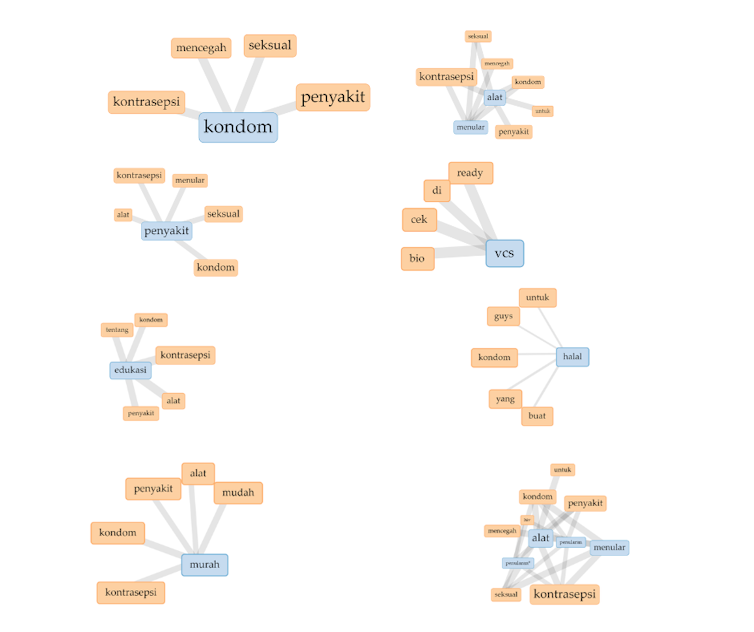BRICS Expansion: What it Means for Malaysia’s Economic Future, According to Global Broker Octa
- Written by Octa
Malaysia’s BRICS Prospects: Economic Implications Malaysia, strategically positioned as a key player in Southeast Asia, has shown interest in the BRICS expansion. The country’s GDP growth, which stood at 5.9% in Q2 2024[4], reflects its economic strength and potential for further development. By joining BRICS, Malaysia could significantly enhance its trade volume, particularly in high-growth sectors like technology and renewable energy. The BRICS bloc, which already commands nearly 30% of global GDP[5], offers an expanded market access that could further boost Malaysia’s export industries, particularly electronics and semiconductors.
Malaysia’s role as a semiconductor hub could become even more influential through BRICS membership. As the global semiconductor market is expected to reach $803 billion by 2030[6], Malaysia’s collaboration with BRICS countries could help secure its place in the global supply chain. Additionally, partnerships with BRICS members like China and India could lead to joint ventures in technological development, further integrating Malaysia into the global tech landscape.
Indonesia’s Potential BRICS Membership and Economic Growth Indonesia, Southeast Asia’s largest economy, has shown a proactive approach towards BRICS membership. With a GDP growth rate of 5.05% in Q2 2024 and a stable inflation rate of[7] 1.8% in September 2024[8], the country is positioning itself as a crucial player in the region. By joining BRICS, Indonesia could access expanded trade networks, attracting investments in key industries like manufacturing, energy, and agriculture.
BRICS membership could be especially beneficial for Indonesia’s manufacturing sector, which accounted for 20% of the country’s GDP in 2023[9]. China’s investments in Indonesia’s infrastructure projects, amounting to over $40 billion in the last five years[10], highlight the potential for increased cooperation. If Indonesia joins BRICS, these collaborations could intensify, leading to further economic growth and development.
Kar Yong Ang, a financial market analyst at Octa Broker, explains, ‘For Indonesia, BRICS offers both an opportunity for economic growth and a strategic platform for expanding its influence in global trade. With stronger ties to BRICS countries, Indonesia can accelerate its development goals, particularly in infrastructure and energy sectors, thereby enhancing its economic position.’
Regional Cooperation and Growth Opportunities Malaysia and Indonesia’s potential involvement in BRICS could significantly impact regional cooperation within Southeast Asia. Their membership could encourage the alignment of trade agreements and economic policies within ASEAN and BRICS, fostering a collaborative approach to economic development. By integrating BRICS initiatives with ASEAN’s regional goals, Malaysia and Indonesia could enhance trade ties and investment flows, particularly in technology, manufacturing, and green energy sectors[11].
For instance, Indonesia’s growing renewable energy sector, which aims to generate 23% of the nation’s electricity from renewables by 2025[12], could benefit from BRICS partnerships. Given its advancements in digital technology and green energy, Malaysia could also attract investment from BRICS nations interested in Southeast Asia’s tech and energy markets.
A New Economic Chapter for Southeast Asia Malaysia and Indonesia’s potential BRICS membership represents a significant shift in Southeast Asia’s economic trajectory. For these nations, joining BRICS means expanding trade networks, securing technological partnerships, and accessing new investment opportunities. This evolution not only promises growth for Malaysia and Indonesia but also enhances the region’s role in global trade.
As BRICS expansion unfolds, staying informed on these developments is crucial for traders and investors seeking opportunities in these markets. With Octa Broker’s expertise in tracking global economic trends, traders can navigate these changes effectively, making informed decisions to capitalise on emerging opportunities in Southeast Asia’s evolving economic landscape.
Hashtag: #Octa
The issuer is solely responsible for the content of this announcement.
References
- ^ Media OutReach Newswire (www.media-outreach.com)
- ^ significantly influences global trade and geopolitics (carnegieendowment.org)
- ^ trade partnerships, technological collaborations, and economic resilience (www.aseanbriefing.com)
- ^ which stood at 5.9% in Q2 2024 (www.cimbpreferred.com.my)
- ^ 30% of global GDP (fortune.com)
- ^ expected to reach $803 billion by 2030 (fortune.com)
- ^ GDP growth rate of 5.05% in Q2 2024 and a stable inflation rate of (asia.nikkei.com)
- ^ 1.8% in September 2024 (www.dbs.com.hk)
- ^ 20% of the country’s GDP in 2023 (www.mckinsey.com)
- ^ over $40 billion in the last five years (www.mckinsey.com)
- ^ technology, manufacturing, and green energy sectors (www.mckinsey.com)
- ^ to generate 23% of the nation’s electricity from renewables by 2025 (www.aseanbriefing.com)
Authors: Octa
Read more https://www.media-outreach.com/news/malaysia/2024/10/17/334189/





